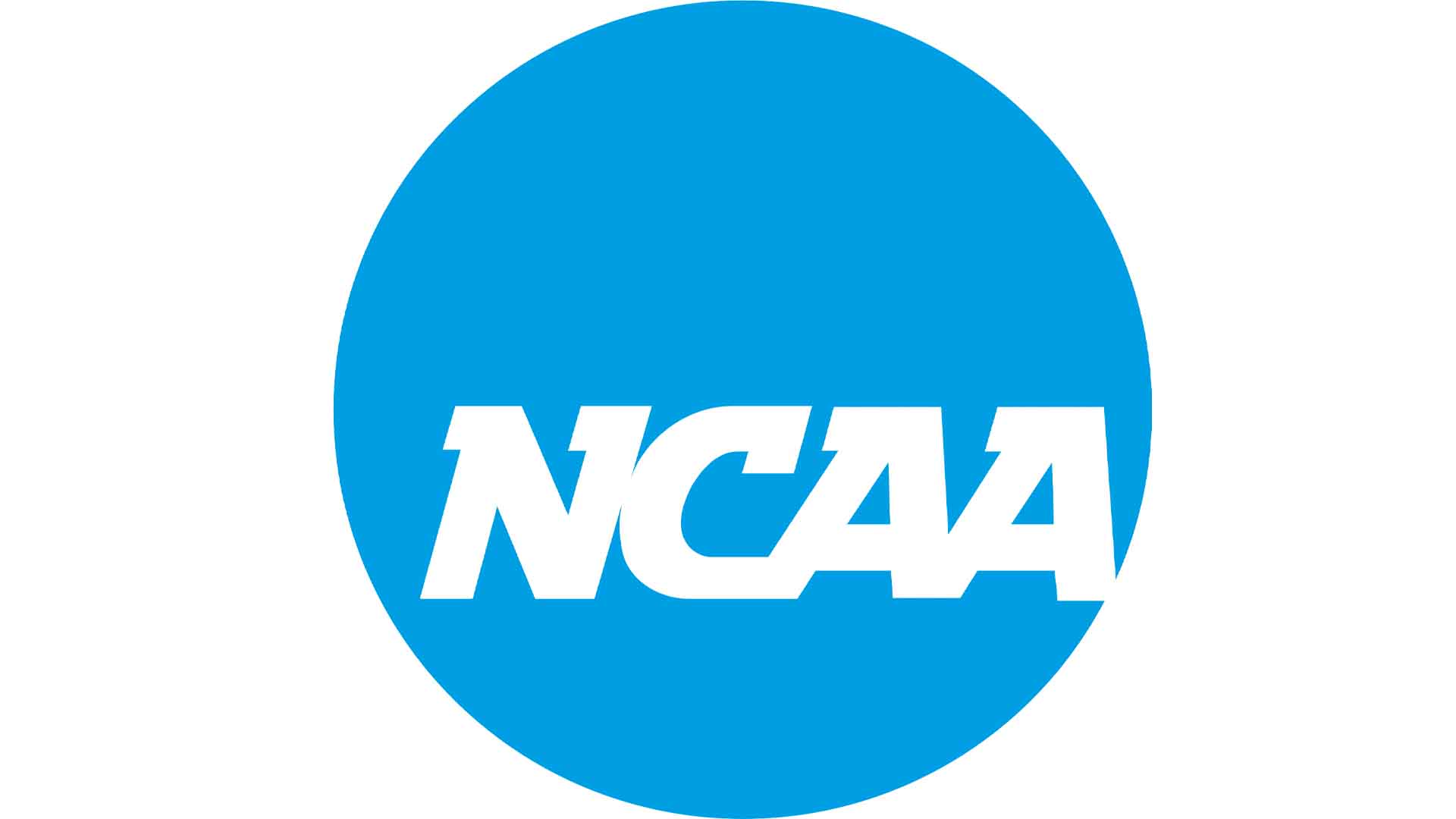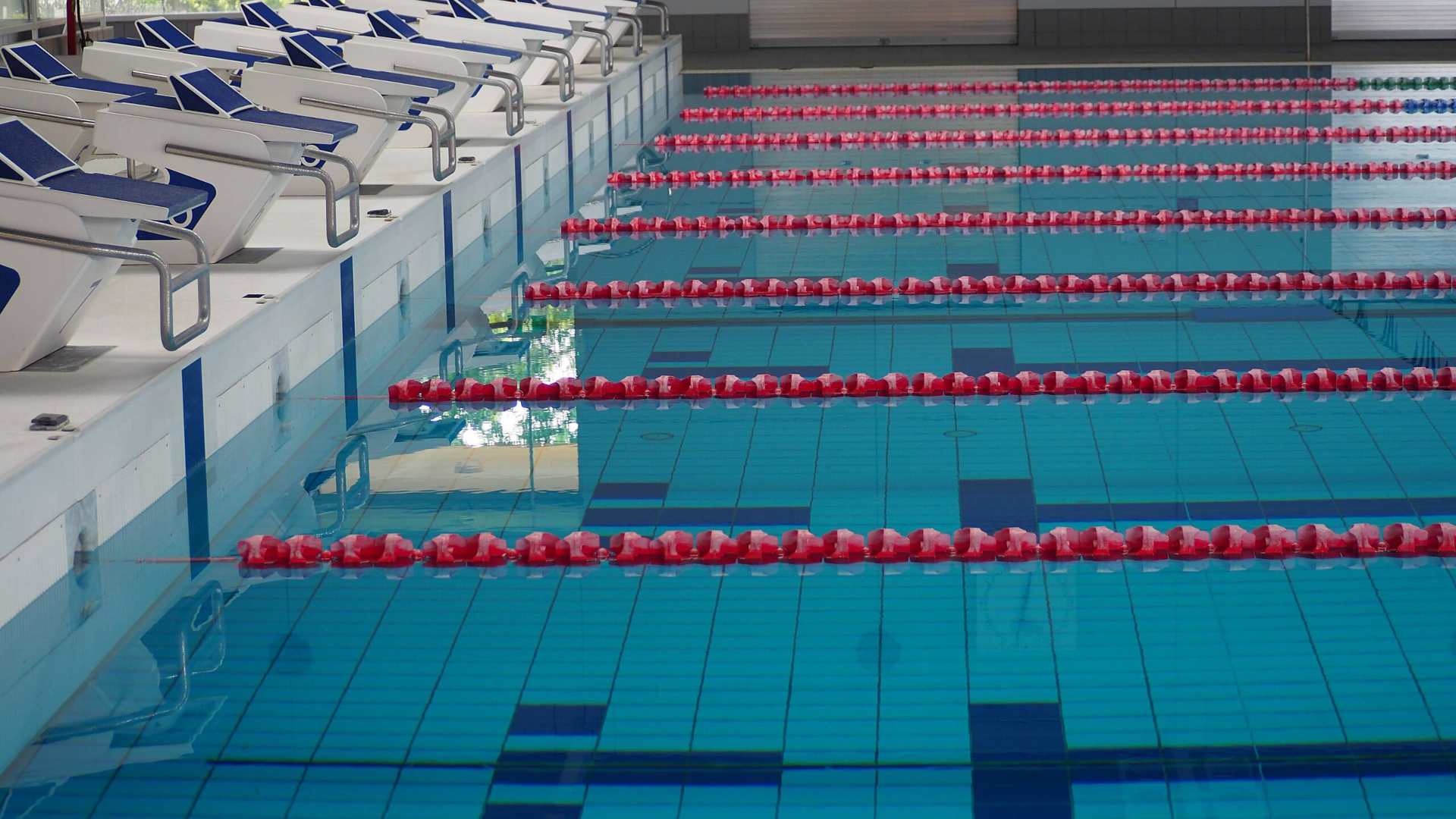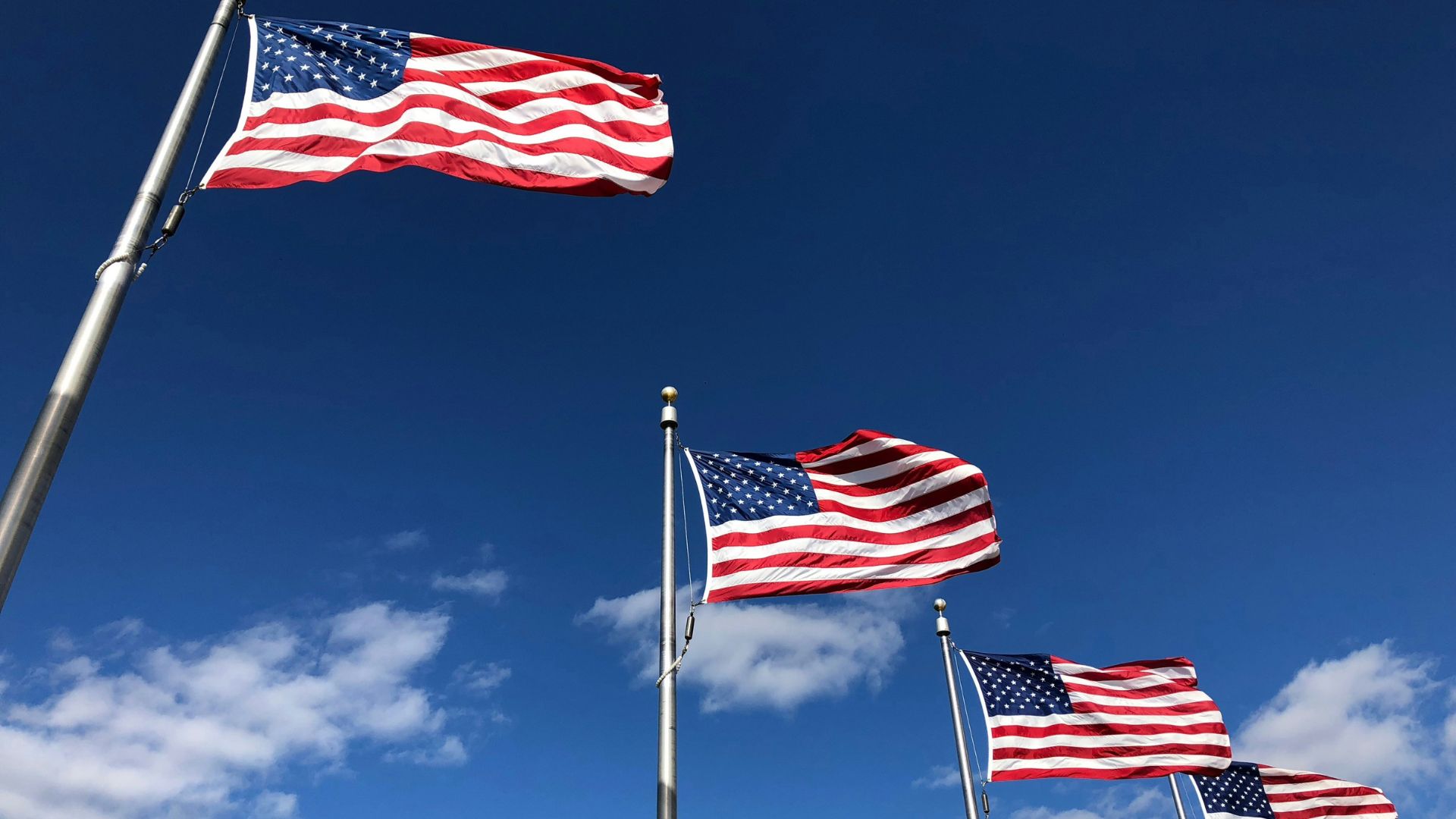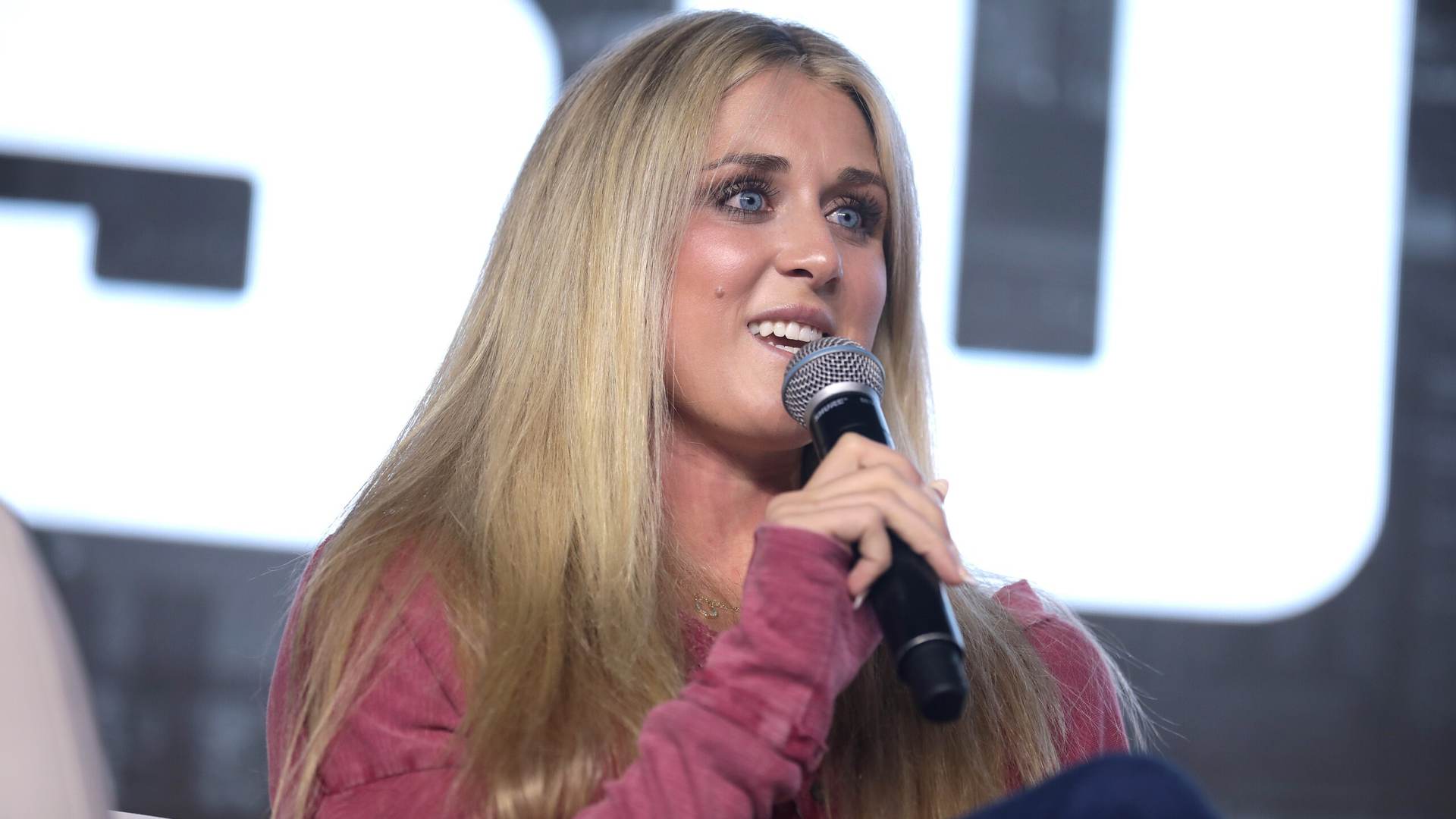Over 400 Olympic, College, and Professional Athletes Defend Transgender Inclusion in Women’s Sports in Open Letter to NCAA
A letter published Tuesday addressed to the NCAA Board of Governors urged the organization not to ban transgender athletes from participating in women’s sports categories.
The letter was signed by hundreds of current and former Olympic, professional, and college athletes. Sports leagues across the country are grappling with designing rules and restrictions around the contentious issue of trans-inclusion, while the NCAA is receiving pressure from some of its athletes for more restrictions on transgender participation.
NCAA Letter
This open letter received signatures from over 400 concerned athletes of different skill levels and sports making the case for transgender athlete inclusion in the National Collegiate Athletics Association (NCAA)

Source: NCAA
“We, the undersigned, call upon the NCAA, a governing body meant to serve athletes and our wellbeing, to ensure that the lifesaving power of sport is accessible to all athletes who compete in championship and emerging sports at and for NCAA-member institutions – including transgender athletes,” the letter read.
Violation of the NCAA Constitution
One point brought up in the letter is that instituting a ban on transgender athletes would be a violation of the ideas and rules laid out in the NCAA constitution.

Source: Jonathan Chng/Unsplash
“To deny transgender athletes the fundamental right to be who they are, to access the sport they love, and to receive the proven mental and physical health benefits of sport goes against the very principles of the NCAA’s Constitution,” said the letter.
Context of the Letter
This letter comes in part as a response to lawsuits filed by over a dozen female athletes pressuring the NCAA over a 2022 policy that allows transgender participation in women’s sports. These athletes argue that allowing transgender athletes into these categories violate fairness.

Source: Thomas Park/Unsplash
“The NCAA’s most basic job is to protect the fairness and the safety of its athletes, and it has failed on that simple task,” Kaitlynn Wheeler, a former University of Kentucky swimmer said.
Pushing Back Against Lawsuit Claims
In the NCAA open letter, the athletes push back against claims in lawsuits against the NCAA rule.

Source: Tyler Nix/Unsplash
“Despite claims by those suing the NCAA over trans inclusion, studies used to justify the exclusion of transgender athletes are methodologically flawed and misinterpreted to further discrimination. In fact, the most current scientific review of transgender women in elite sport (published in 2022 by the Canadian Centre for Ethics in Sport (CCES)) underscores that transgender women do not have an advantage over cis women in sport,” said the letter.
National Spotlight
This issue was thrust into the national spotlight when transgender swimmer Lia Thomas won an NCAA Swimming Title over the competition in 2022. At the time, Thomas became the first transgender athlete to win an NCAA Division 1 individual national title.

Source: Keepactive Australia/Wikimedia
This victory caused a contentious debate to ignite among the public about the fairness and place transgender athletes have in traditionally sex-segregated sports categories.
NCAA Rule
In 2022, the NCAA put a rule into place that would take into account the gender identity of athletes wishing to participate in different categories, using a sport-by-sport approach.

Source: Sushil Ghimire/Unsplash
“The new policy aligns transgender student-athlete participation with the Olympic Movement. The resulting sport-by-sport approach preserves opportunity for transgender student-athletes while balancing fairness, inclusion and safety for all who compete,” the NCAA said at the time.
Anti-Trans Legislation
After Thomas’ story made national headlines, state lawmakers across the country ramped up efforts to pass legislation that would mandate the segregation of sports categories. In 2022, Arizona passed a law that bans athletes assigned male at birth from participating in girls’ sports from kindergarten until college.

Source: Ehimetalor Akhere Unuabona/Unsplash
States have been going back and forth on passing and repealing bans since then, with courts playing a role sometimes in blocking the implementation of legislation around the topic.
Propaganda and Deception
The NCAA open letter makes the argument that these legislative efforts by lawmakers have been fueled by hatred and divisive thinking.

Source: Julia Kuzenkov/Unsplash
“Anti-trans legislation is largely fueled by propaganda and deception…Anti-trans politicians, policymakers, and media at large have divisively used this narrative to incite transphobic hatred and policy, despite the hundreds of swimmers who have stated their support for transgender athletes, endorsing the expertise of medical, athletic, and human rights professionals who helped shape the IOC’s inclusive policy,” said the letter.
Focus on the Facts
The athletes in the letter plead the case to the NCAA and its members that it ensures its decision-making is being driven by research and ignoring propaganda around the issue.

Source: Haley Phelps/Unsplash
“We implore you to focus efforts on developing policies driven by research, education, collaboration, and policy to promote a healthy and safe environment for all athletes, NOT discriminatory attempts to sideline an entire group of athletes from the sports they love,” the letter read.
What America Thinks
A Gallop survey released in June found that nearly 70% of American adults think that transgender athletes should only be allowed to participate on sports teams that correspond to their biological sex and not their gender identification.

Source: Kevin Lanceplaine/Unsplash
This poll also found that 55% of Americans think that someone changing their gender is “morally wrong,” a figure that has risen from 51% when the same question was asked in 2021.
Discriminatory Practices
Former University of Kentucky swimmer Riley Gaines, who is a plaintiff in a March lawsuit against the NCAA, reacted negatively to the news of letters like this one being sent to the organization.

Source: Gage Skidmore/Wikimeida
“Allowing even a single male athlete to compete in women’s sports takes numerous opportunities away from females,” Gaines said in an email to NBC. “The female athletes governed by NCAA policies do not accept this.”
